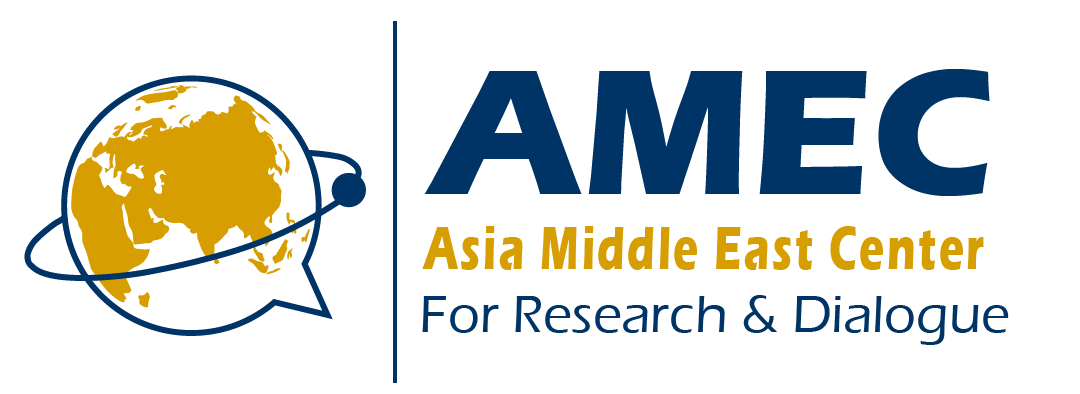An Outside Analysis of the Turkish Electoral Trend

The recent municipal and mayoral elections in Turkey might appear, to many international observers, as indicative of a pivotal shift in voter allegiance toward the opposition CHP (Republican People’s Party), marking a significant setback for the incumbent AK Party.
This election marked the first occasion in two decades that President Erdogan’s party faced defeat on a national scale at the polls. The CHP secured victories in nearly all major cities, including Istanbul, Ankara, Izmir, Adana, Antalya, Balikesir, Adiyaman, and Bursa, Turkey’s fourth-largest city.
The preceding five years have been critical for understanding why the AK Party has seen a decline in support among its traditionally loyal electorate, who have historically afforded it the benefit of the doubt in resolving their grievances. The Turkish populace, known for its patience and national pride, as well as its warm hospitality toward visitors, has faced increasing challenges since the onset of the Syrian civil war in 2011, with concerns seemingly failing to reach President Erdogan—despite his enduring popularity. It is crucial to remember Erdogan’s transformative impact on Istanbul and subsequently the nation, navigating through sanctions aimed at preventing Turkey’s emergence as a global power.
From 2011 to 2019, as Germany welcomed over 1 million refugees, Turkey hosted approximately 3.6 million, facing distinct challenges in policy implementation, security screening, and the integration of cultural differences, alongside the resultant socio-economic pressures from these diverse and unpredictable situations.
Initially, during the Arab Spring, Turkey economically capitalized on its stability, attracting foreign investment. However, the failed coup attempt on July 15, 2016, orchestrated, as believed, by the U.S.-based Gulen movement and its allies, introduced economic uncertainties and eroded investor confidence. The crackdown that followed implicated many, including the detention of an American pastor in October 2016, accused of coordinating the coup. In retaliation, U.S. sanctions imposed in 2018 precipitated a sharp depreciation of the Turkish Lira, exacerbating economic instability, inflation, and shaking investor confidence. The pastor’s accusation aligns with several other instances of U.S. pastors charged with espionage against foreign governments targeted by the U.S. for regime change. Some examples would be July 2012 in Iran, November 2012 in North Korea, and 2006 in China.
Before Turkey could fully recover from these sanctions, the global COVID-19 pandemic emerged in March 2020, devastating the tourism sector, which was projected to contribute significantly to the GDP and job creation over the next decade. For example. the country’s tourism sector’s contribution to GDP was expected to grow at an annual rate of 5.5% over the next decade, with a projection of creating over 716,000 new jobs between 2022 to 2032.
However the pandemic led to a 70% decline in tourism, though the sector saw a revival as international travel resumed, aided by the Lira’s depreciation. Yet, the long-term socio-economic strains from 2011 to 2021 were overlooked as efforts were focused on economic recovery.
For a country where a government that has been in power since 2003, it is natural for the opposition, in this case the CHP, to spotlight grassroots socio-economic issues as electoral leverage. Despite recognition of Erdogan’s leadership and efforts, there was a growing perception among Turks of being disconnected from their leader, with stories of their daily struggles not reaching their leader.
This election’s outcome seems less an endorsement of the opposition and more a clarion call from the populace to President Erdogan, highlighting a longstanding sense of disconnect. Nonetheless, this victory presents the CHP with a rare chance to enact tangible changes and prove their promises of prosperity are more than just rhetoric. Conversely, it serves as a moment of reflection for President Erdogan and the AK Party, necessitating introspection and potentially hard questions within party ranks.
For both Erdogan and the AK Party, as well as the CHP, the path to future electoral success will be challenging, requiring comprehensive and effectively implemented policies, both in the short term and the long run.
Muad Zaki
Director of Democracy and Transparency Initiative,
AMEC
